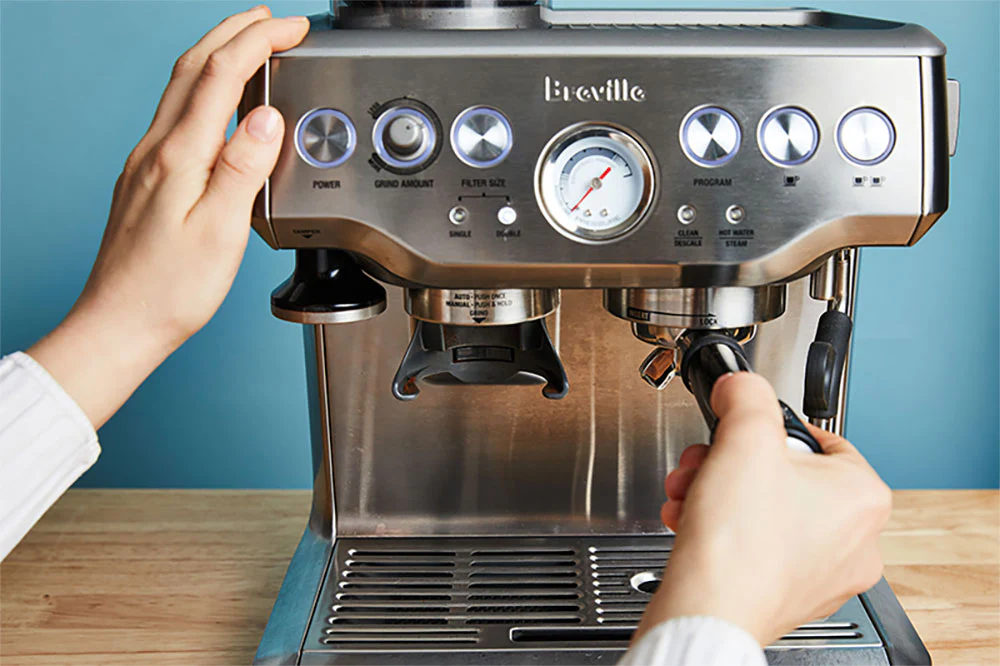Kitchen Equipment Repair: A Comprehensive Guide

Why Opt for Kitchen Equipment Repair?
Repairing kitchen equipment has several advantages over outright replacement. Here are some key reasons why repair is often the better choice:
Cost-Effective Solution
Replacing kitchen equipment can be expensive. Repairing a faulty appliance, on the other hand, often costs significantly less, saving you money.
Sustainability
Repairing appliances reduces electronic waste, contributing to environmental sustainability. Extending the life of your equipment minimizes the need for new production, which consumes energy and resources.
Familiarity
Repairing your current equipment allows you to continue using tools and appliances you’re accustomed to, without the need to learn how to operate new ones.
Common Kitchen Equipment Issues
To address repair effectively, it's crucial to understand the common problems that kitchen equipment faces. Here are some frequent issues and how they can be resolved:
Refrigerators
-
Problem: Not cooling effectively.
-
Solution: Check for clogged condenser coils or a malfunctioning thermostat.
-
-
Problem: Excessive noise.
-
Solution: Tighten loose parts or inspect the evaporator fan motor.
-
Ovens and Stoves
-
Problem: Uneven heating.
-
Solution: Calibrate the thermostat or replace faulty heating elements.
-
-
Problem: Gas burner won't ignite.
-
Solution: Clean the burner holes and check the spark module.
-
Dishwashers
-
Problem: Dishes remain dirty.
-
Solution: Inspect and clean the filter, spray arms, and water inlet valve.
-
-
Problem: Leaking water.
-
Solution: Replace worn door seals or tighten hose connections.
-
Blenders and Food Processors
-
Problem: Motor not running.
-
Solution: Check the motor for wear or inspect the power cord for damage.
-
-
Problem: Blades not spinning.
-
Solution: Tighten the blade assembly or replace worn drive sockets.
-
DIY Kitchen Equipment Repair Tips
Before calling a professional, you might want to attempt some simple fixes yourself. Here are some DIY tips:
Safety First
Always unplug the appliance before attempting any repair. Ensure you have the right tools and protective gear to avoid injury.
Refer to the Manual
Most appliances come with a user manual that includes troubleshooting steps. Refer to this document for guidance.
Basic Maintenance
-
Clean appliances regularly to prevent buildup of grease or debris.
-
Tighten loose screws and bolts.
-
Replace worn-out gaskets and seals.
When to Call a Professional
While DIY repairs can save money, certain situations require professional expertise. Here’s when you should call a technician:
Electrical Issues
If an appliance has electrical problems, such as frequent short-circuiting or sparking, it’s safer to let a professional handle it.
Complex Repairs
Tasks like replacing motors, compressors, or electronic control boards require specialized knowledge and tools.
Warranty Concerns
If your equipment is under warranty, attempting repairs yourself may void it. Always consult the manufacturer’s guidelines.
Choosing the Right Repair Service
Selecting a reliable repair service is crucial for the longevity of your kitchen equipment. Consider the following factors:
Certification and Experience
Ensure the technician is certified and experienced in handling the specific appliance you need repaired.
Reviews and Recommendations
Check online reviews and ask for recommendations from friends or family to find trustworthy repair services.
Warranty on Repairs
Choose a service that offers a warranty on their repairs, ensuring peace of mind and quality assurance.
Preventive Measures to Avoid Frequent Repairs
To minimize the need for repairs, adopt the following preventive measures:
Regular Cleaning
-
Clean your appliances regularly to prevent buildup that could lead to malfunctions.
-
Use appropriate cleaning agents recommended for each appliance.
Timely Maintenance
-
Schedule regular maintenance checks for critical equipment like ovens and refrigerators.
-
Replace worn-out parts promptly to avoid larger issues.
Proper Usage
-
Avoid overloading appliances like dishwashers and blenders.
-
Follow the manufacturer’s instructions for proper usage.
Benefits of Maintaining Kitchen Equipment
Investing time and effort into maintaining your kitchen equipment has numerous benefits:
-
Longevity: Well-maintained equipment lasts longer.
-
Efficiency: Properly functioning appliances work more efficiently, saving energy and time.
-
Safety: Regular checks reduce the risk of accidents caused by faulty equipment.
- Art
- Causes
- Crafts
- Dance
- Drinks
- Film
- Fitness
- Food
- Giochi
- Gardening
- Health
- Home
- Literature
- Music
- Networking
- Altre informazioni
- Party
- Religion
- Shopping
- Sports
- Theater
- Wellness


